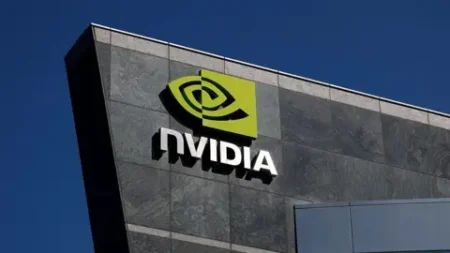In recent developments, the UK’s Competition and Markets Authority (CMA) has made significant strides in investigating technology giants Apple Inc. and Google LLC regarding their monopolistic practices in the mobile services sector. This inquiry stems from growing concerns about the overwhelming market power these two companies wield, effectively creating a duopoly in the mobile devices market within the UK.
The CMA asserts that around 90-100% of mobile devices in the UK operate on the platforms provided by either Apple or Google. This startling statistic highlights the absence of substantial competition, leading to the assertion by the CMA that the firms maintain an effective duopoly. As a part of the investigation, the CMA is focusing on key areas such as app stores, web browsers, and operating systems offered by these tech giants.
In response to the ongoing scrutiny, both Apple and Google have voiced their concerns regarding the impact of potential regulatory changes. Apple argues that these new regulations could compromise the privacy and security standards that users currently enjoy. They claim such rulings may hinder innovation and potentially force the company to share its technology with foreign entities at no cost. An Apple spokesperson has indicated their commitment to discussing these issues with the CMA to ensure that the risks associated with these changes are well understood.
Meanwhile, Google has expressed disappointment over the CMA’s findings, labeling the pending regulatory decisions as unwarranted. According to Oliver Bethell, Google’s Senior Director of Competition, any new regulations must be evidence-based, sensible, and should not impede the growth of the technology sector in the UK. He further underscored that Google’s offerings, such as the Android operating system, Chrome browser, and Play Store, significantly contribute to user choice and overall security.
The CMA is moving towards designating Apple and Google as companies that hold “strategic market status,” which will grant them the power to demand changes to these firms’ operations if they are identified as holding too much market power. Final decisions regarding the implications of this designation are expected to occur in October, following a one-month period during which Apple and Google can present their cases to the CMA.
The scope of the CMA’s investigation is extensive and includes evaluating how Apple and Google’s own apps are featured compared to rival applications in their respective app stores. CMA Chief Executive, Sarah Cardell, emphasized that these proposed changes aim to enhance opportunities for UK app developers, facilitating innovation, and ultimately improving user experience.
An independent consumer advocacy group, Which?, has welcomed the CMA’s probe, arguing that while both Apple and Google have been significant drivers of innovation, their current dominance poses real harm to consumers and the businesses that rely on their platforms. Rocio Concha, the group’s director of policy and advocacy, pointed out the urgent need to address these monopolistic tendencies to restore a more balanced competitive environment.
On a global scale, both Apple and Google find themselves under intense scrutiny from regulatory bodies in various jurisdictions, including the EU and the US. Apple is currently contesting a €500 million fine from the European Commission, which accused the company of obstructing app developers from promoting alternate marketplaces outside of the App Store. Additionally, the CMA has also noted Google’s strategic market status in relation to search and advertising, indicating there may be potential for improved competition within those sectors.
As the CMA embarks on this probing journey, the regulatory landscape continues to evolve, raising vital questions about the future of app stores, the technological ecosystem, and consumer choice in the digital sphere. The outcomes of these investigations and subsequent actions could significantly shape the operations of these two tech juggernauts and influence regulatory frameworks worldwide, highlighting the need for monitoring and governance in the fast-paced tech industry.











